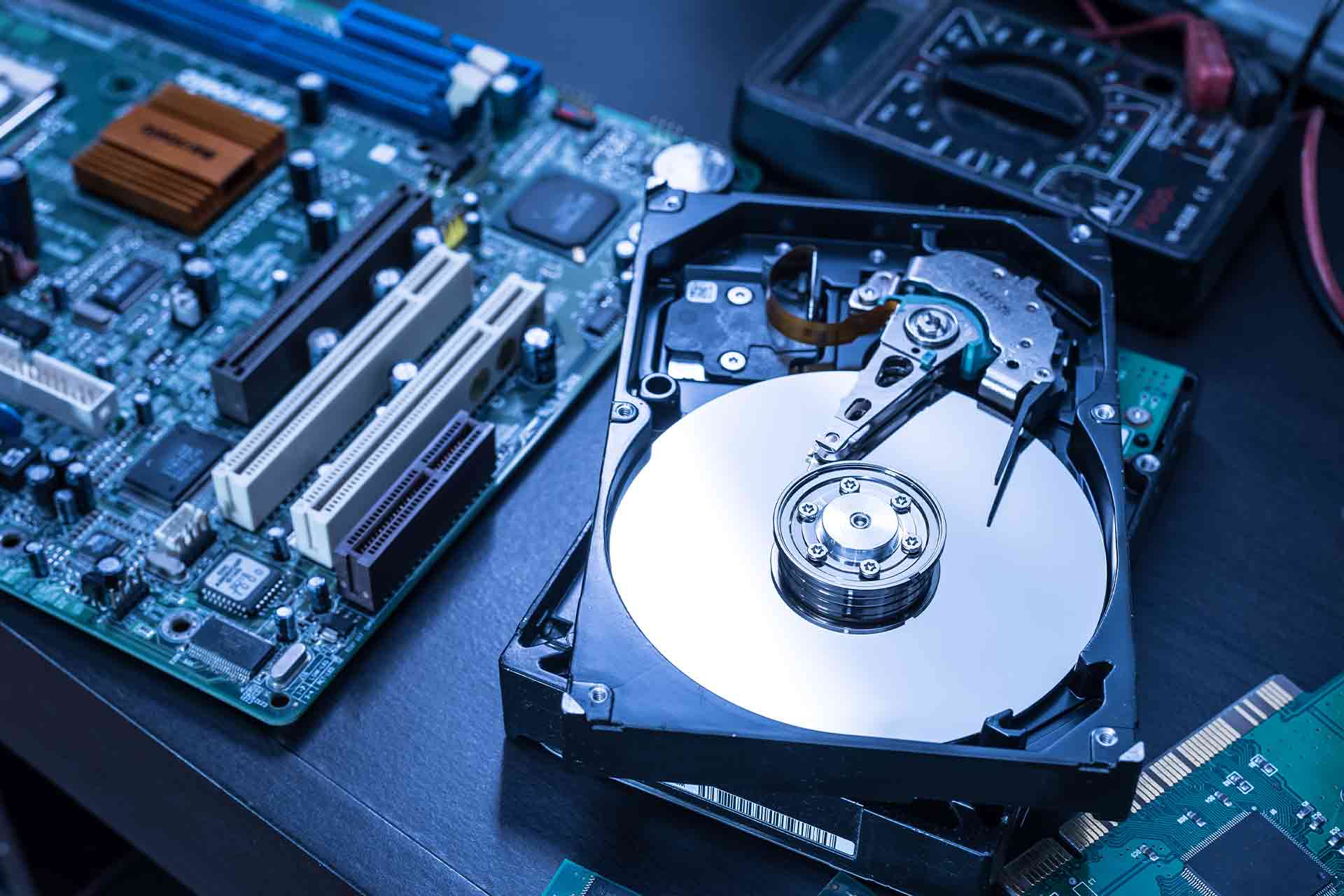Restoring Your Lost Digital Assets: A Data Recovery Guide

The sinking feeling of realizing you've lost important data can be overwhelming. Whether it's work documents, precious family photos, or irreplaceable music files, data loss can disrupt your life and cause immense stress. But before you resign yourself to a life without those files, take a deep breath – explore your options for data recovery in Canada is a viable option.
This guide explores your options for retrieving lost data, considering factors like the cause of data loss, types of storage devices, and recovery service providers.
Understanding Data Loss: Why Did It Happen?
The first step is diagnosing the problem. Different scenarios require different approaches to data recovery. Here are some common causes of data loss:
1. Accidental Deletion: We've all been there - hitting the wrong button and watching a file vanish. The good news is that in many cases, deleted files aren't truly gone but simply marked as inaccessible.
2. Formatting: Formatting a drive erases all data, but sometimes recovery is still possible.
3. Hardware Failure: Physical damage to a hard drive, SSD, or memory card can lead to data loss. This can be due to overheating, mechanical failure, or electrical issues.
4. Software Corruption: Malicious software, viruses, or unexpected system crashes can corrupt data, making it inaccessible.
5. Encryption Issues: If you encrypted your data and lost your decryption key, recovery becomes significantly more complex.
Choosing the Right Recovery Path: DIY or Professional Service?
For less severe cases, like accidental deletion, there are DIY data recovery software options available. These programs can sometimes locate and recover recently deleted files. However, they have limitations:
1. Limited Success Rates: DIY software may not be effective for complex data loss scenarios, overwritten data, or hardware failures.
2. Technical Expertise Needed: Using data recovery software effectively often requires some technical knowledge.
3. Potential for Data Overwriting: Running the wrong software or using your device can overwrite lost data, making professional recovery even harder.
For more complex situations, professional data recovery services are highly recommended. These companies have specialized tools, expertise, and experience to handle challenging cases, including:
1. Physical Data Recovery: Recovering data from physically damaged storage devices requires specialized equipment and cleanroom environments.
2. Data Carving: Recovering fragments of deleted files even when the file system is damaged.
3. RAID Recovery: Recovering data from complex RAID (Redundant Array of Independent Disks) systems.
Finding the Right Data Recovery Service Provider

With numerous data recovery companies, choosing the right one is crucial. Here are some key factors to consider:
1. Experience and Expertise: Look for companies with a proven track record of success in handling cases similar to yours.
2. Success Rates: Ask about the company's success rates for specific data loss scenarios.
3. Free Evaluation: Reputable companies offer free evaluations to assess your data loss situation and provide a cost estimate.
4. Cost Transparency: Get a clear understanding of the potential costs involved before proceeding.
5. Data Security: Ensure the provider prioritizes data security and has strong data protection measures in place.
Tips to Increase Your Chances of Successful Data Recovery
1. Stop Using the Affected Device Immediately: The more you use the device after data loss, the higher the risk of overwriting lost data.
2. Document Everything: Keep a record of what happened, including any error messages and what you were doing when the data loss occurred.
3. Seek Professional Help Quickly: The sooner you act, the higher the chances of successful recovery.
Data Recovery Costs

The cost of data recovery can vary significantly depending on the complexity of the case, the type of storage device, and the chosen service provider. Simple cases involving accidental deletion might start around a few hundred dollars, while complex physical data recovery from a damaged hard drive can cost several thousand dollars.
Prevention is Key: Back Up Your Data Regularly
The best way to avoid the stress of data loss is to have a robust backup plan in place. Here are some best practices:
1. Regular Backups: Back up your important data regularly to an external hard drive, cloud storage service, or both.
2. Multiple Backups: Don't rely on a single backup source. Having backups in different locations protects you from unforeseen events like fire or theft.
3. Version Control: For critical work files, consider using version control software to track changes and revert to earlier versions if needed.
Conclusion
Data loss can be a nightmare, but it doesn't have to be the end of the story. By understanding your options, choosing the right data recovery service in Canada, and taking steps to prevent future incidents, you can increase your chances of recovering your loss.



